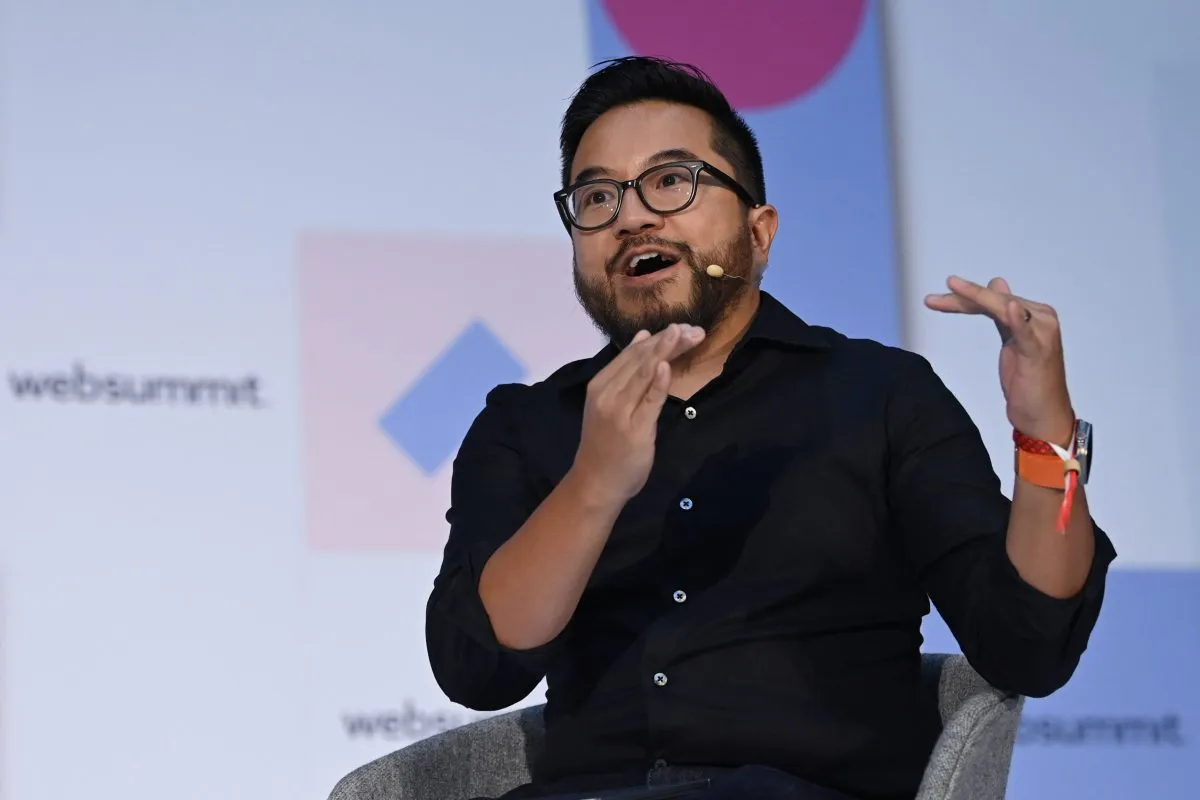Garry Tan, Y Combinator’s president and CEO, shares insider tips on how the accelerator selects firms, perfect for those considering applying.
Tan met with Teresa Carlson, a board member of General Catalyst, one-on-one on Wednesday at the Economic Club of Washington, D.C.
Less than 1% of applicants are accepted by Y Combinator, as is well known; according to Tan, the most recent batch was selected from 27,000 submissions. These days, cohorts typically consist of 250 enterprises. Thus, among other things, Carlson was interested in learning the “secret sauce” to being admitted into Y Combinator.
First of all, according to Tan, it might be one of the few locations where entry is unrestricted by acquaintance. Anyone can apply and upload a one-minute video by visiting the website. After reading the applications, YC’s 14 partners realized the following: What have the founders previously built, and who would be the applicant’s potential customer? The best candidates then respond to a few inquiries from the partners.
“A lot of venture capitalists are attending meetings every week and responding with ‘no, no, no, no,’ and then occasionally responding with ‘yes,'” according to Tan. “YC flips that around.”
According to him, one of the qualities YC seeks in entrepreneurs is their ability to establish a market for a technology that no one else has yet recognized.
Tan used the example of a market creator, Brian Armstrong of Coinbase. Tan was still employed at Airbnb as an anti-fraud engineer when he first got to know Armstrong. After reading the white paper by Satoshi Nakamoto, Armstrong got an idea.
“I want to work on software that would manifest this crazy idea that you could have a sovereign cryptocurrency,” he said, adding, “Nobody believes this yet, but I believe it,” Tan said. “At the moment, this was a very fringe idea, but that’s exactly what we’re looking for—a fringe thing.”
He continued by explaining that the new technology that “deeply technical people are obsessed with” and that will eventually “touch all of society” is the “fringe thing.”
Tan remembers interviewing Armstrong and having him admitted into the program by the YC partners. They then worked together once a week. And in those conversations, he realized that “that’s gonna be big” if there was a Coinbase-like entity. The discussion on how to expand it then started.
Tan said, “The cool thing about what he was doing was that it was tough to get Bitcoin.” “I was there when that happened. These minor things have the potential to grow into significant things.
According to him, Armstrong exemplifies another quality that YC partners seek in applicants: “He was a first principles thinker.” Tan meant that Armstrong not only believed what no one else had believed up to that point, but he also determined what needed to be built—software or distribution, for example—to produce this thing that no one else had seen. It is insufficient to
According to Tan, to identify a new item, you need to know some of the procedures involved in developing it and have a strategy to confirm that the solution you create solves the issue you set out to tackle.
Tan stated that all of the founders he decided to invest “came in with some discovery that they had discovered interacting with the technology itself” after YC conducted a round of interviews last week.
It would be similar to realizing that a robotics firm is currently producing a humanoid robot for $16,000 while seated at a workshop. We’re going to strive to be the first to market that, and it’s coming over my desk on Monday,” Tan stated. “It’s an intriguing field that demonstrates a first principles insight.”



